H.R. 3049: Tenants’ Right to Organize Act
This bill, known as the Tenants’ Right to Organize Act, aims to strengthen the rights of tenants, particularly those living in federally assisted housing. Below are the main provisions and goals of the legislation:
Rights to Organize
The bill grants tenants the right to form, operate, and be part of tenant organizations. These organizations can address issues regarding:
- The terms and conditions of their tenancy.
- Activities related to housing and community development.
Tenants also have the right to communicate with the public, including the media and elected officials, regarding their housing standards and conditions. Importantly, tenants cannot be retaliated against for exercising these rights.
Engagement with Public Housing Agencies and Owners
The legislation establishes obligations for public housing agencies and unit owners regarding tenant organizations. They must:
- Recognize legitimate tenant organizations.
- Consider concerns raised by these organizations.
- Solicit feedback from them, especially when developing annual public housing plans.
- Provide meaningful written responses to feedback within specified timeframes.
Additionally, landlords and housing agencies are required to permit tenant organizers to assist tenants in forming and maintaining tenant organizations.
Protections Against Retaliation
The bill prohibits public housing agencies and owners from interfering with tenants’ rights to organize. It establishes protections for tenants, ensuring they can conduct various activities related to their organizations without prior permission. If tenants face adverse actions after engaging in protected organizing activities, it creates a presumption of retaliation, placing the burden of proof on the housing agency or owner.
Notification of Rights
Public housing agencies are required to inform tenants of their rights to organize and participate in tenant organizations, ensuring they are aware of these rights.
Meeting Spaces
Landlords and housing agencies must provide access to community rooms or other available spaces for tenant organizations to meet. These spaces must also be accessible to individuals with disabilities whenever possible.
Funding and Support for Tenant Initiatives
The bill includes provisions for funding to support tenant outreach and capacity-building efforts. State housing credit agencies must notify tenants of their organizing rights annually and may need to modify lease agreements to reflect these rights.
Enforcement Mechanisms
The legislation mandates the establishment of protocols for enforcing the rights provided under this act. This includes a mechanism for tenants to file complaints regarding violations and ensuring these complaints are investigated. Tenants are given the right to take legal action if their rights are infringed.
Funding for Resident Councils and Organizations
Resident councils will receive direct funding per housing unit to support their activities. This amount will be adjusted annually to account for inflation.
Relevant Companies
- None found
This is an AI-generated summary of the bill text. There may be mistakes.
Sponsors
27 bill sponsors
-
TrackDelia C. Ramirez
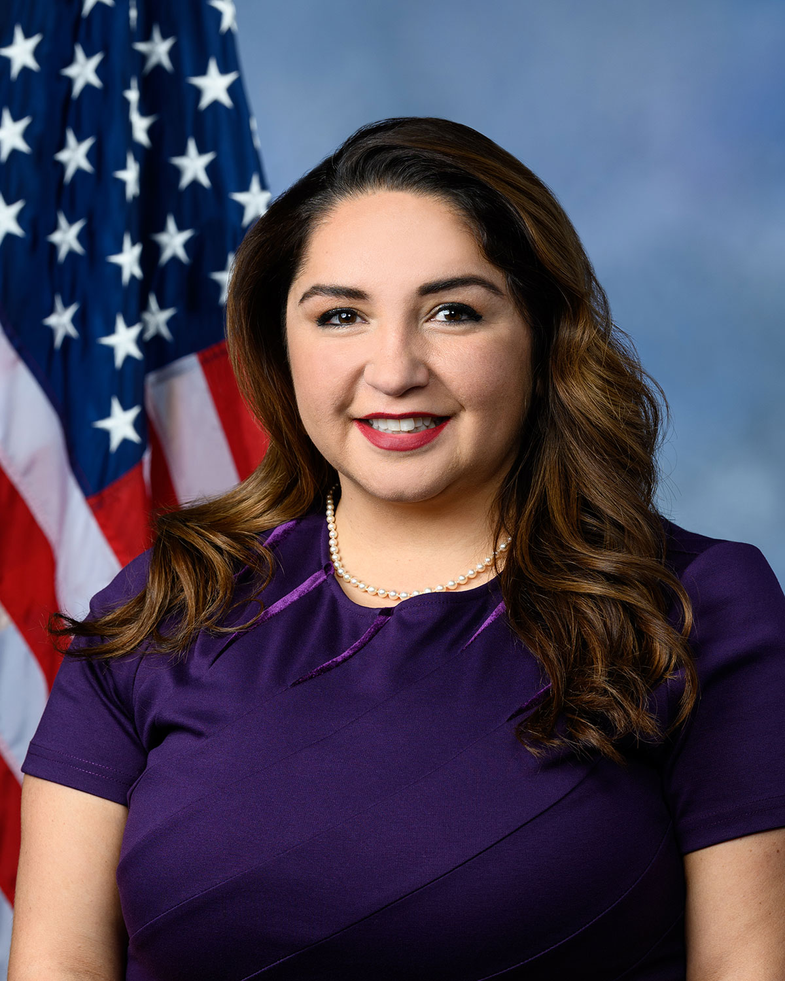
Sponsor
-
TrackYassamin Ansari
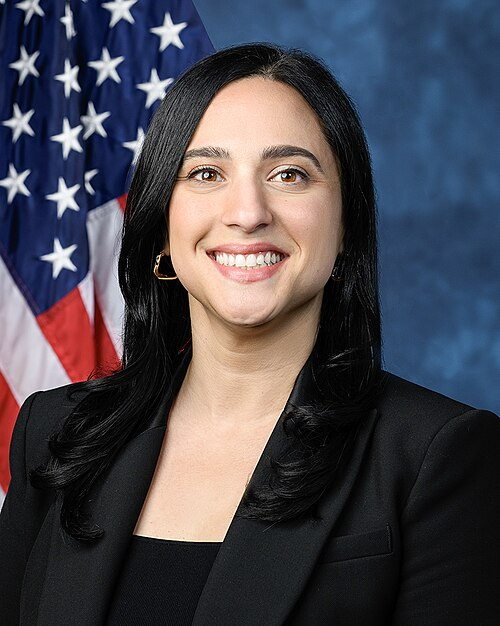
Co-Sponsor
-
TrackBecca Balint

Co-Sponsor
-
TrackGreg Casar

Co-Sponsor
-
TrackJudy Chu
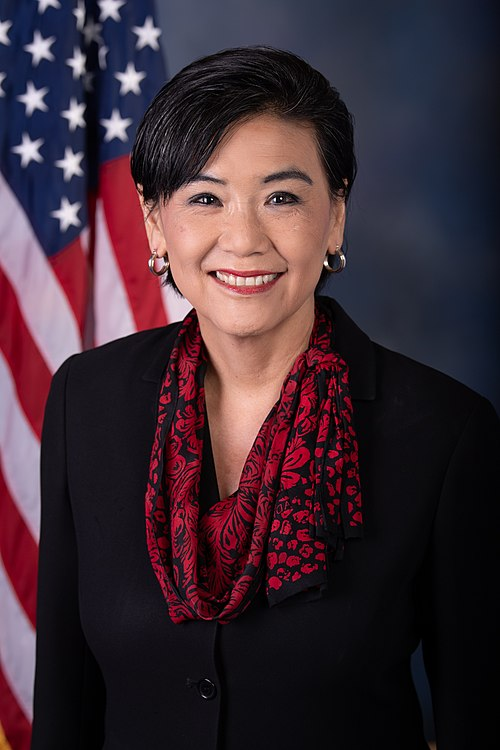
Co-Sponsor
-
TrackAngie Craig
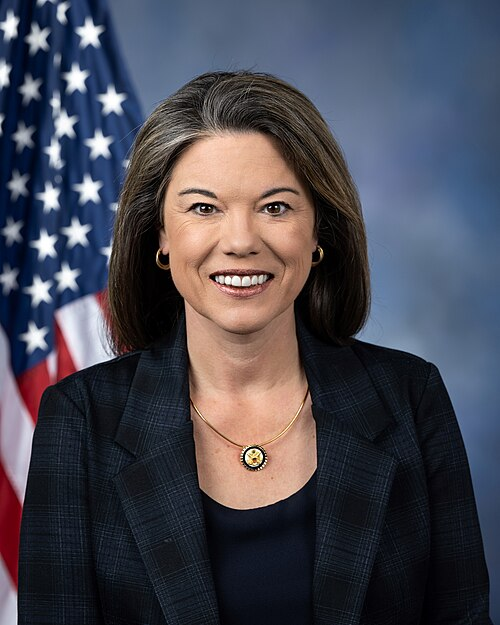
Co-Sponsor
-
TrackDanny K. Davis
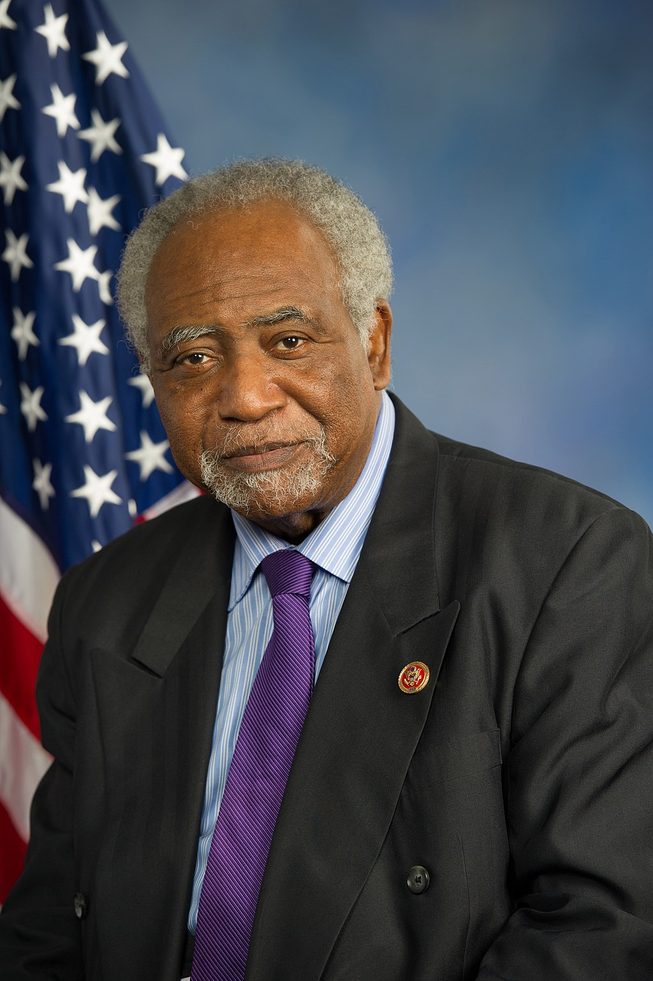
Co-Sponsor
-
TrackChristopher R. Deluzio

Co-Sponsor
-
TrackDwight Evans

Co-Sponsor
-
TrackValerie P. Foushee

Co-Sponsor
-
TrackMaxwell Frost
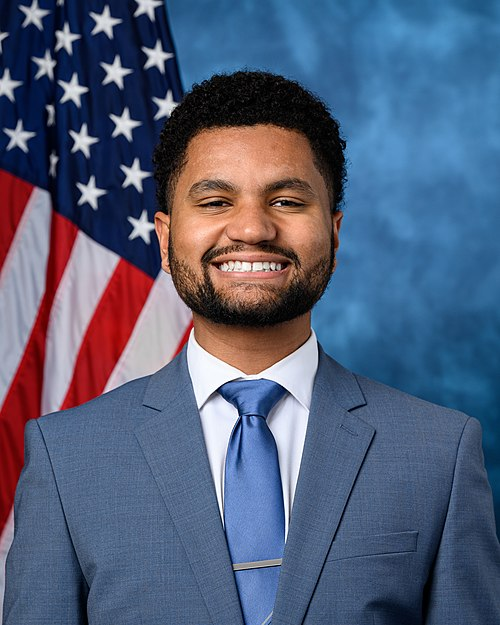
Co-Sponsor
-
TrackJesús G. "Chuy" García
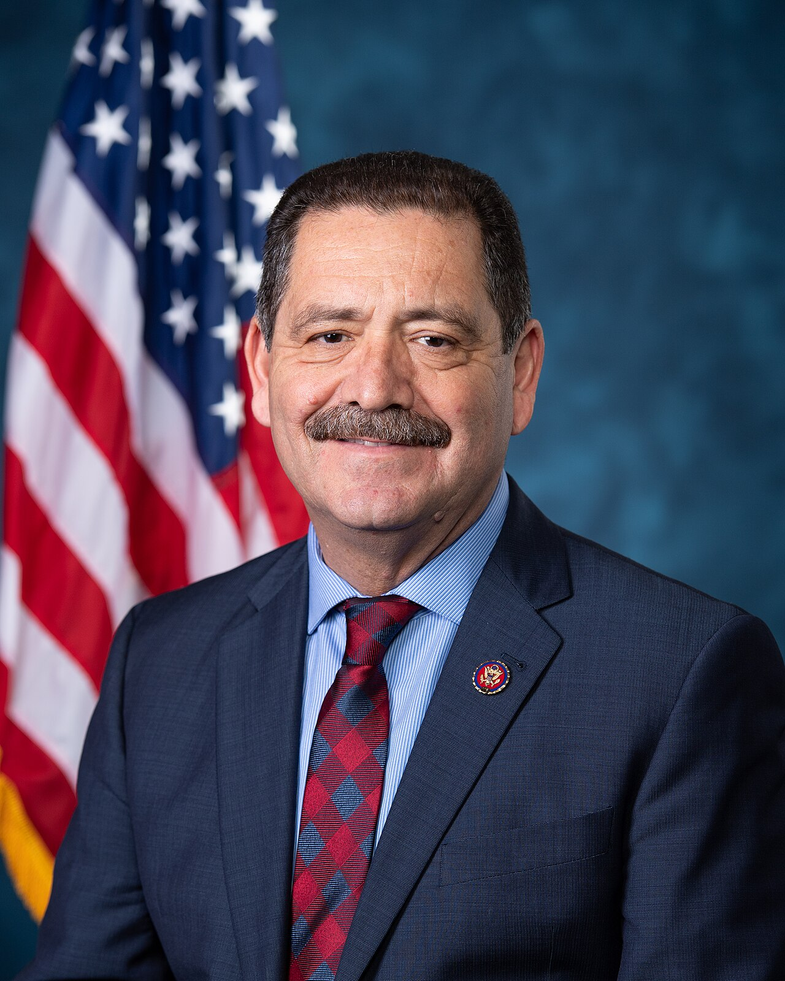
Co-Sponsor
-
TrackJimmy Gomez
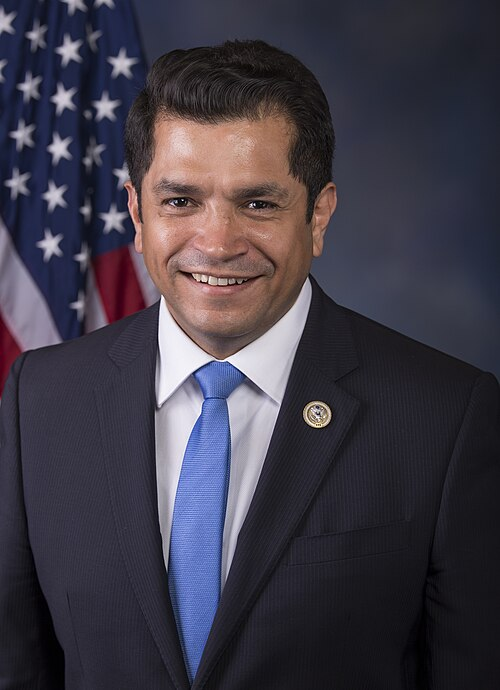
Co-Sponsor
-
TrackPramila Jayapal
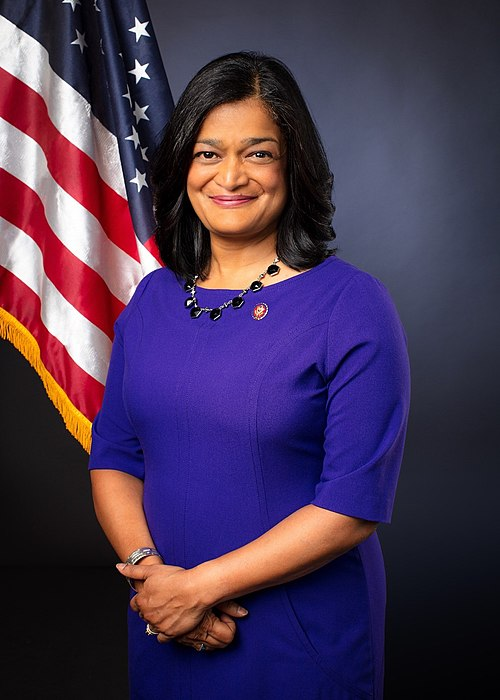
Co-Sponsor
-
TrackSummer L. Lee

Co-Sponsor
-
TrackStephen F. Lynch
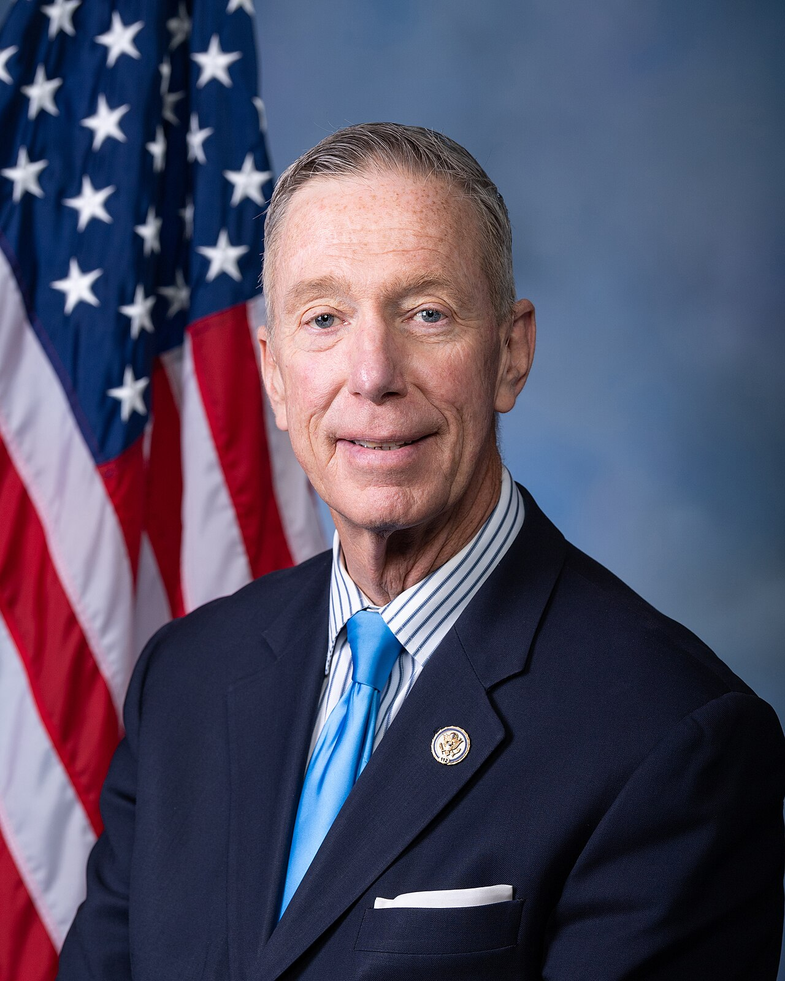
Co-Sponsor
-
TrackJames P. McGovern
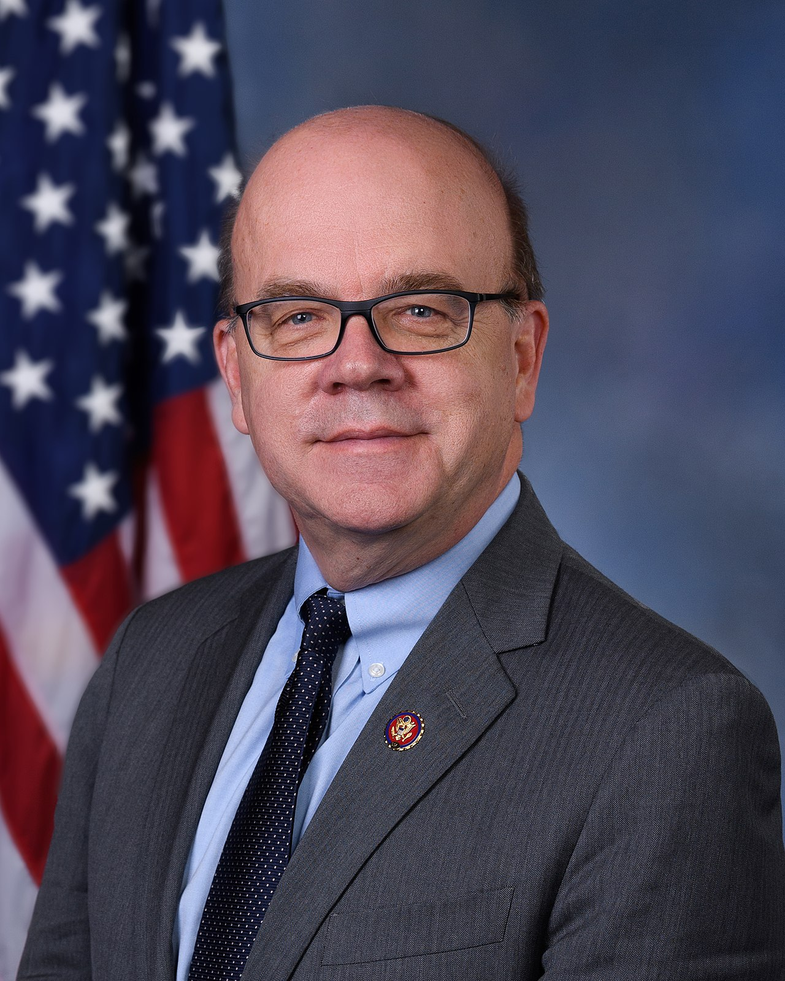
Co-Sponsor
-
TrackLaMonica McIver
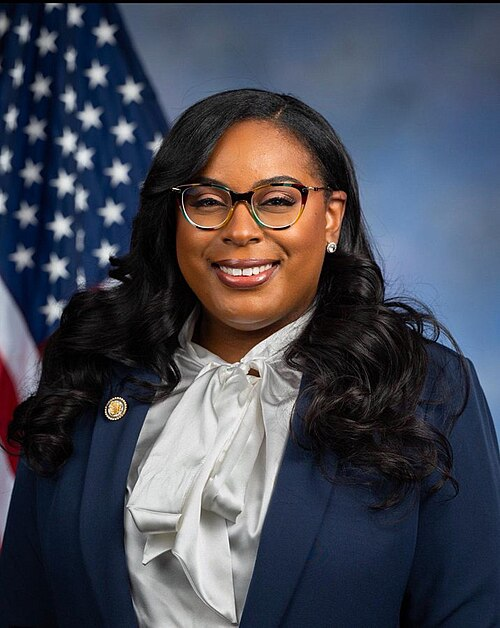
Co-Sponsor
-
TrackEleanor Holmes Norton

Co-Sponsor
-
TrackIlhan Omar

Co-Sponsor
-
TrackAyanna Pressley
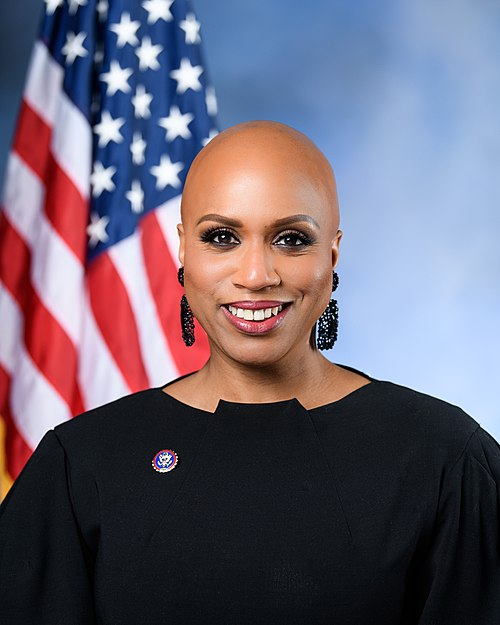
Co-Sponsor
-
TrackJanice D. Schakowsky

Co-Sponsor
-
TrackLateefah Simon

Co-Sponsor
-
TrackDarren Soto
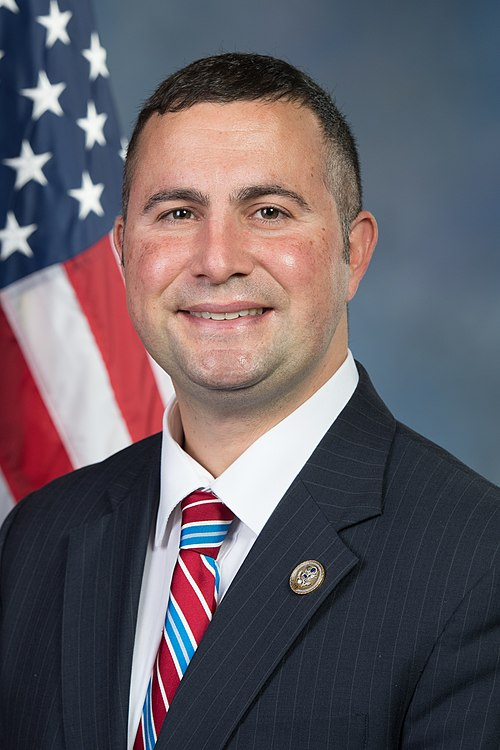
Co-Sponsor
-
TrackShri Thanedar

Co-Sponsor
-
TrackBennie G. Thompson
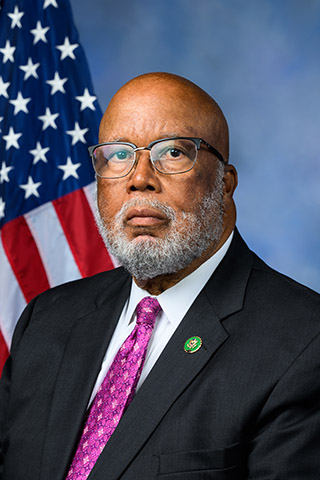
Co-Sponsor
-
TrackRashida Tlaib
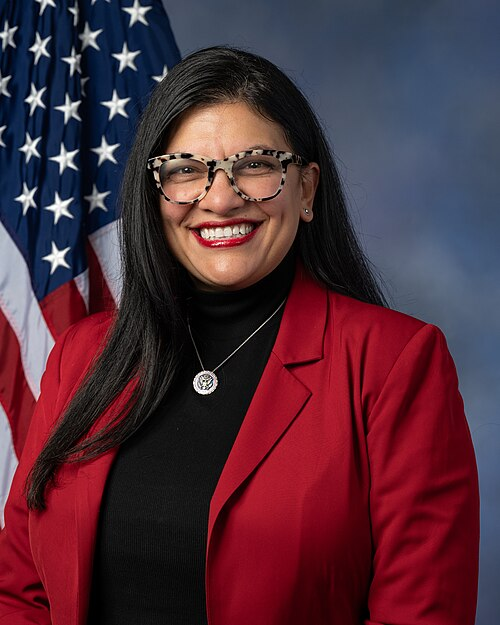
Co-Sponsor
Actions
2 actions
| Date | Action |
|---|---|
| Apr. 28, 2025 | Introduced in House |
| Apr. 28, 2025 | Referred to the Committee on Financial Services, and in addition to the Committee on Ways and Means, for a period to be subsequently determined by the Speaker, in each case for consideration of such provisions as fall within the jurisdiction of the committee concerned. |
Corporate Lobbying
0 companies lobbying
None found.
* Note that there can be significant delays in lobbying disclosures, and our data may be incomplete.
Potentially Relevant Congressional Stock Trades
No relevant congressional stock trades found.